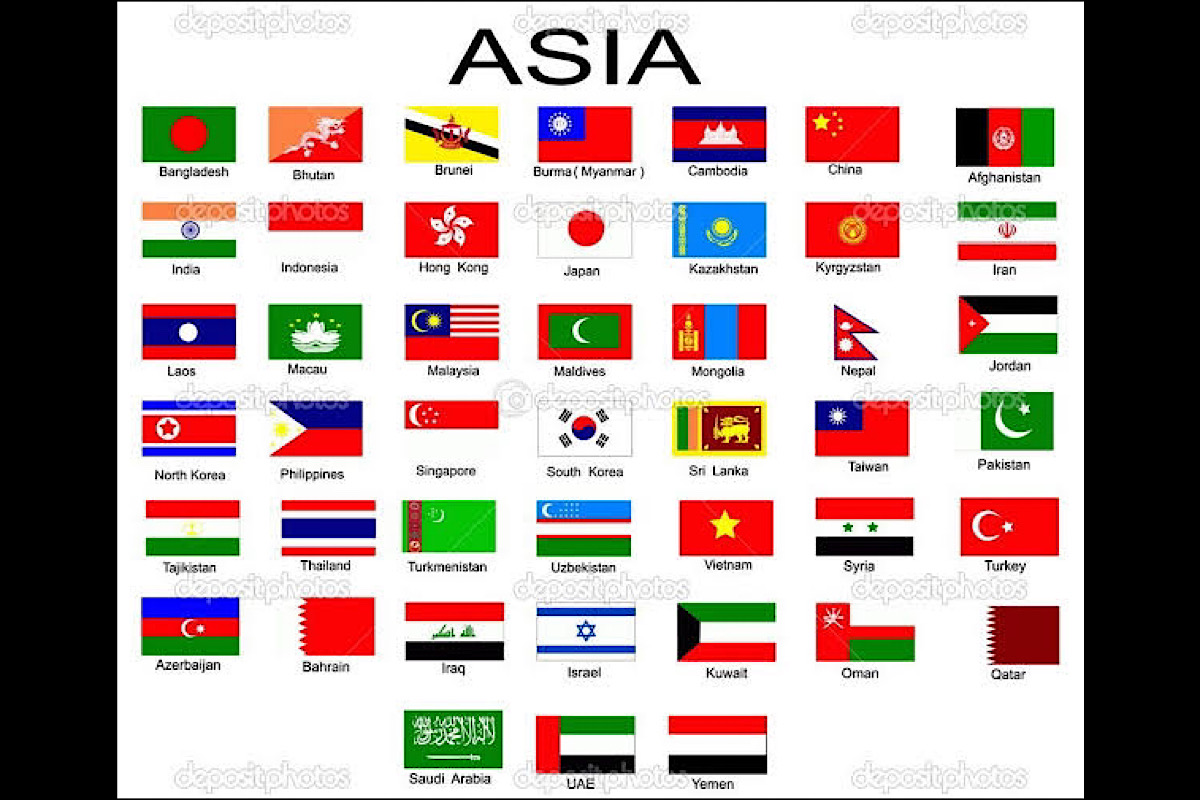Row erupts over JK LG getting more administrative powers
According to the amendments, almost all key proposals would now go to the Lieutenant Governor through the Chief Secretary.
From Jawaharlal Nehru to his great-grandson, Mr Rahul Gandhi, the family’s legacy looms large, influencing political dynamics and electoral strategies. In neighbouring Pakistan, a similar narrative unfolds as the Sharifs and Bhutto-Zardaris, two prominent political dynasties, navigate the labyrinth of power politics.

Representation image
In the intricate tapestry of Asian politics, a recurring motif emerges: the dominance of political dynasties, affectionately dubbed as “nepo babies.” Across the region, from the Philippines to Pakistan, these familial networks weave themselves into the fabric of governance, shaping the destiny of nations and determining the trajectory of millions. At first glance, the prevalence of political dynasties may seem like a natural extension of cultural norms or historical legacies.
After all, familial ties have long played a pivotal role in Asian societies, guiding everything from business dealings to social hierarchies. Yet, upon closer inspection, it becomes apparent that the consolidation of power within elite families exacts a toll on democratic principles and economic progress. Turning our gaze to the Indian subcontinent, the echoes of dynastic politics reverberate with striking familiarity. In India, the Nehru-Gandhi dynasty casts a long shadow over the country’s political landscape, shaping the fortunes of the Congress party for generations.
From Jawaharlal Nehru to his great-grandson, Mr Rahul Gandhi, the family’s legacy looms large, influencing political dynamics and electoral strategies. In neighbouring Pakistan, a similar narrative unfolds as the Sharifs and Bhutto-Zardaris, two prominent political dynasties, navigate the labyrinth of power politics. The recent alliance between these political juggernauts to sideline a non-dynastic leader, Imran Khan, underscores the enduring influence of familial ties in shaping the country’s political trajectory. In Bangladesh, familial rivalries take centre stage as Sheikh Hasina, daughter of the nation’s founding father Sheikh Mujibur Rahman, secures her re-election as Prime Minister.
Advertisement
Her opponent, Mrs Khaleda Zia, representing a rival clan, finds herself marginalised amidst the entrenched dynastic power structures. The concentration of power within a select few not only stifles political competition but also undermines the very foundation of democracy. When the corridors of power are reserved for the chosen few, the voices of the marginalised are drowned out, and the promise of equal opportunity remains an elusive dream. In this context, the notion that power passed down by families is the best guarantor of social peace and prosperity rings hollow, serving as a thinly veiled justification for entrenched privilege. Beyond the realm of politics, the influence of nepotism extends its tentacles into the economic sphere, shaping investment decisions and resource allocation. Yet, amidst this bleak landscape, glimmers of hope emerge.
The rise of grassroots movements and civil society activism in the Philippines, for instance, signals a growing awareness of the corrosive effects of dynastic rule. From street protests to social media campaigns, ordinary citizens are reclaiming their voices and demanding accountability from their leaders. Ultimately, the battle against nepotism is not merely a political struggle but a moral imperative. It requires a concerted effort to dismantle entrenched power structures and foster a culture of transparency and meritocracy. Only then can Asia realise its full potential and chart a course towards a future where governance is guided not by familial ties, but by the collective aspirations of its people.
Advertisement